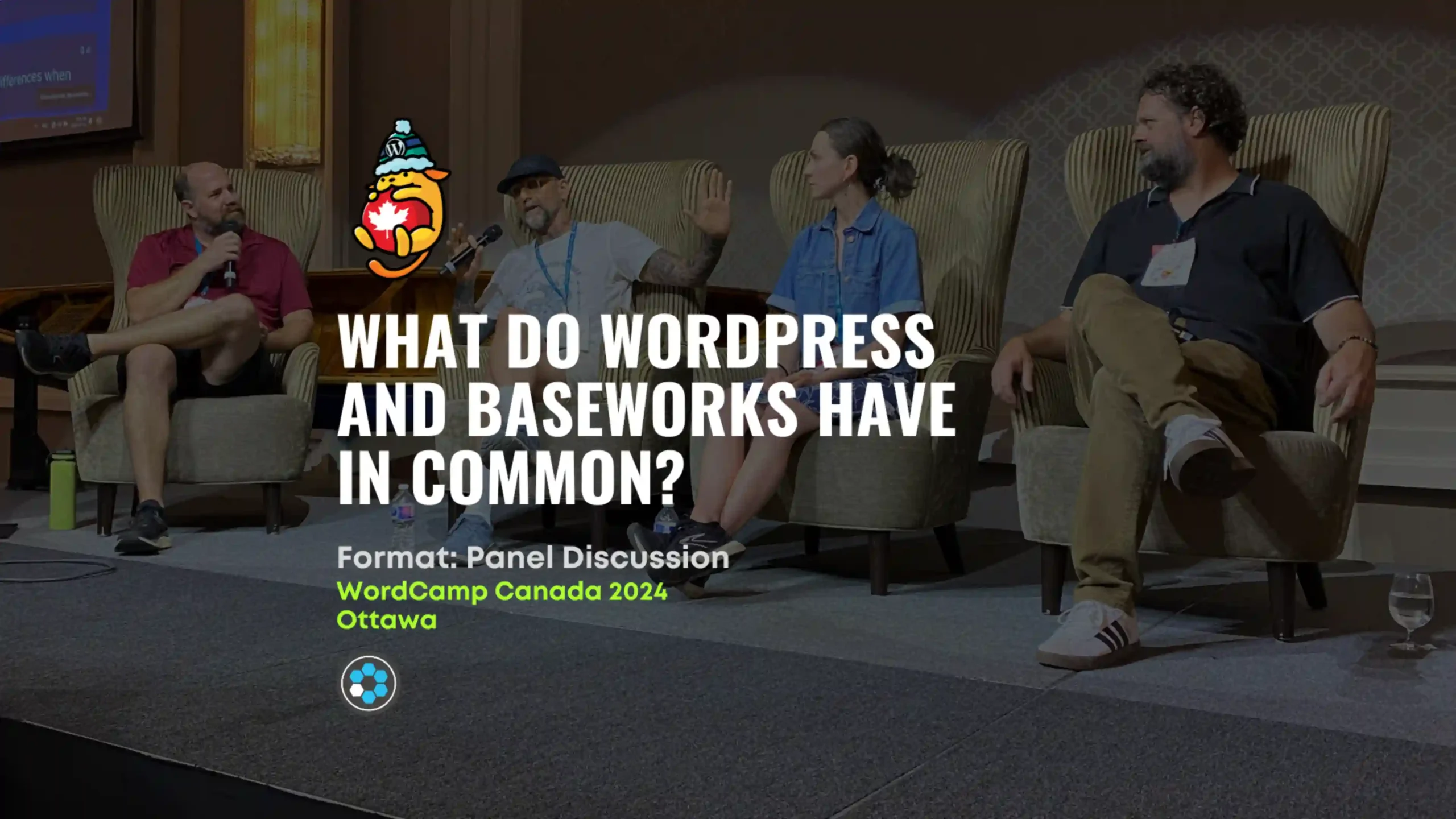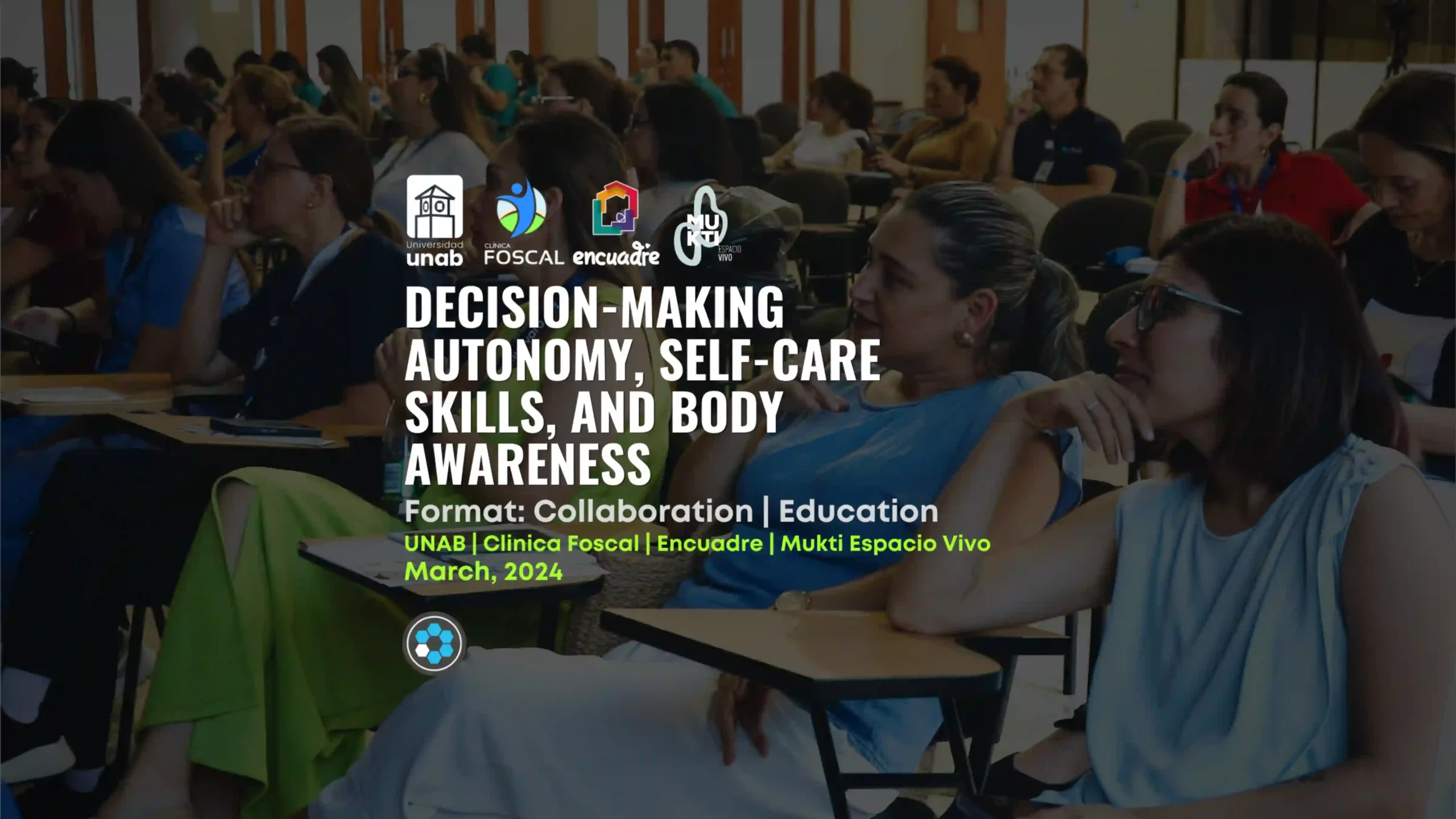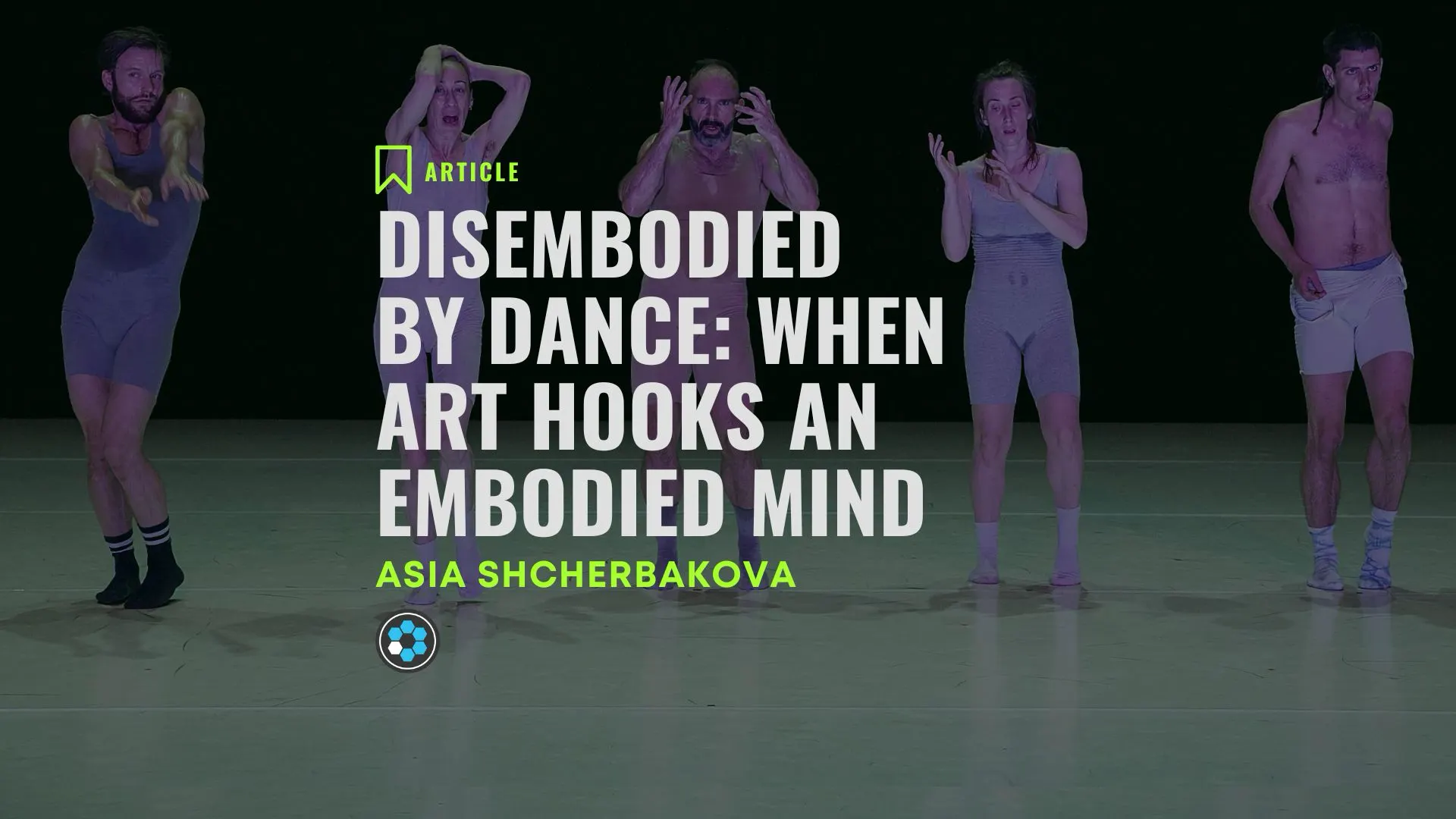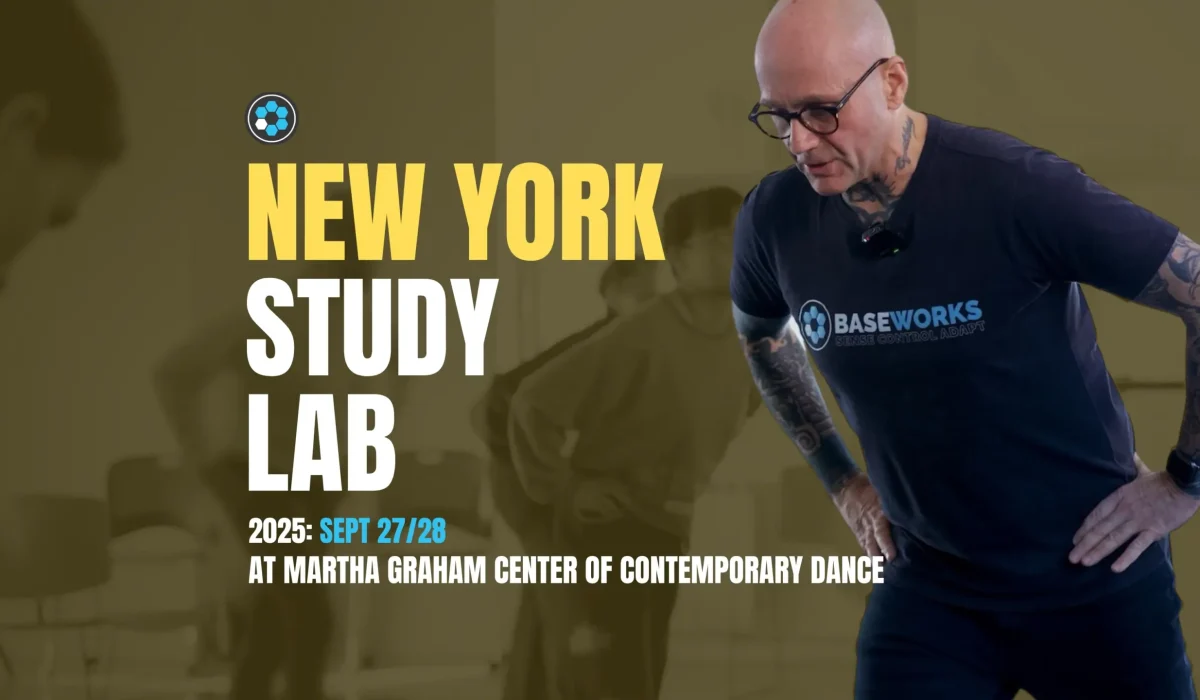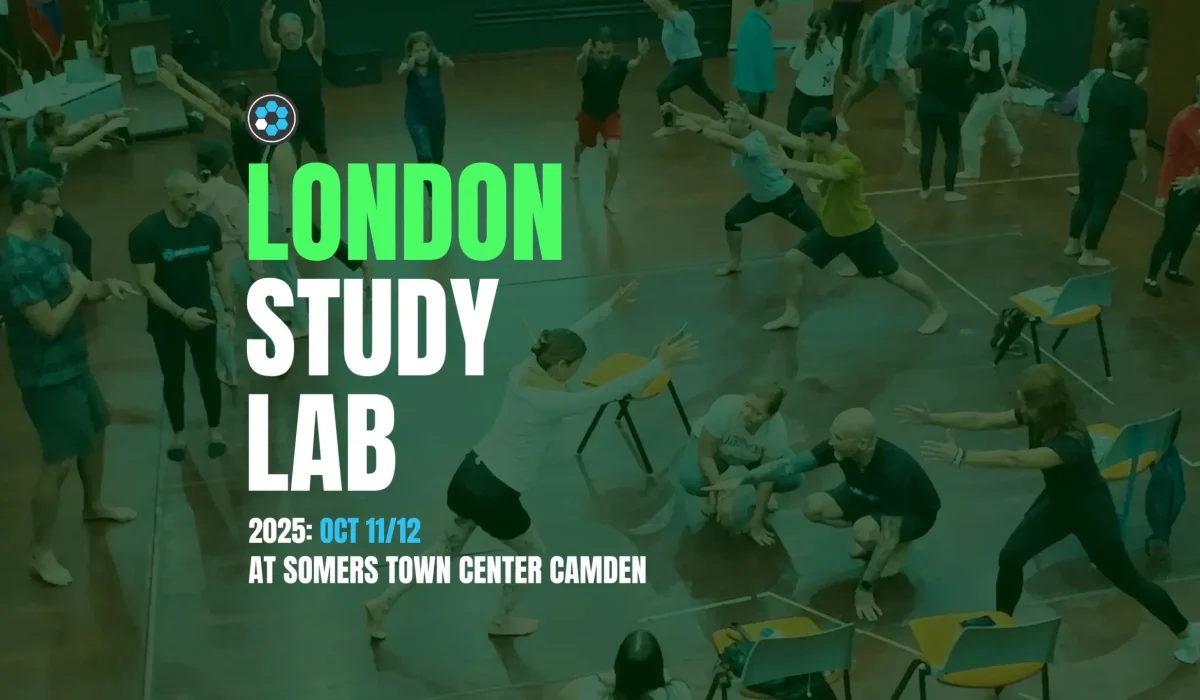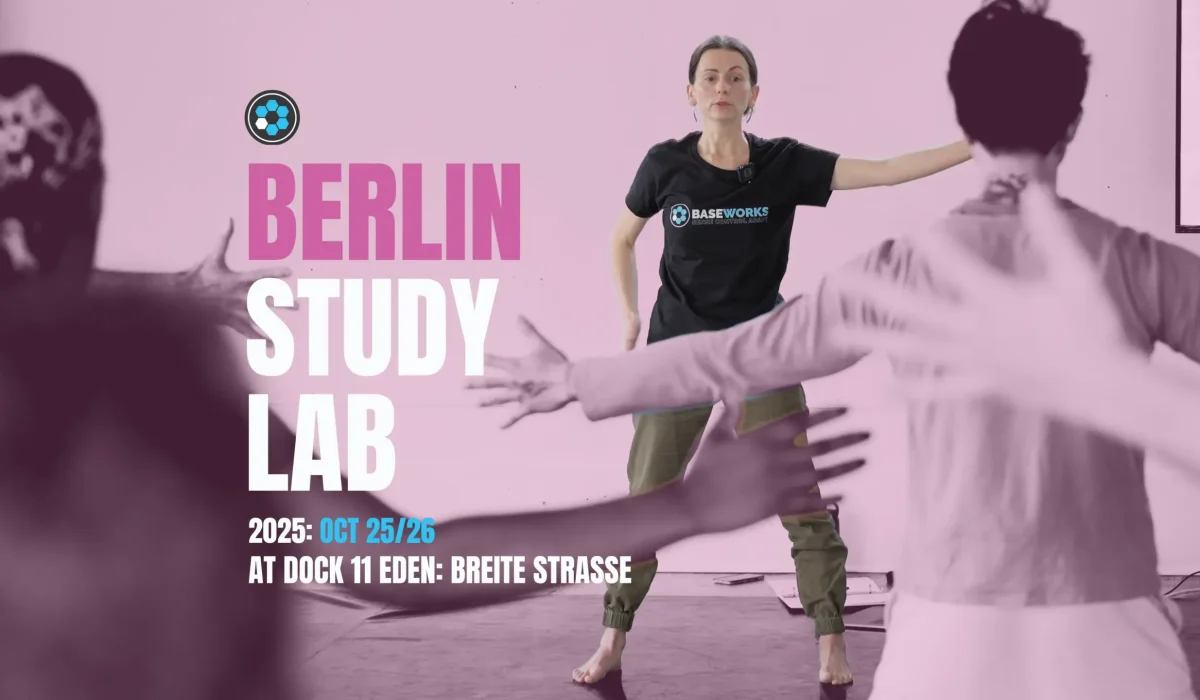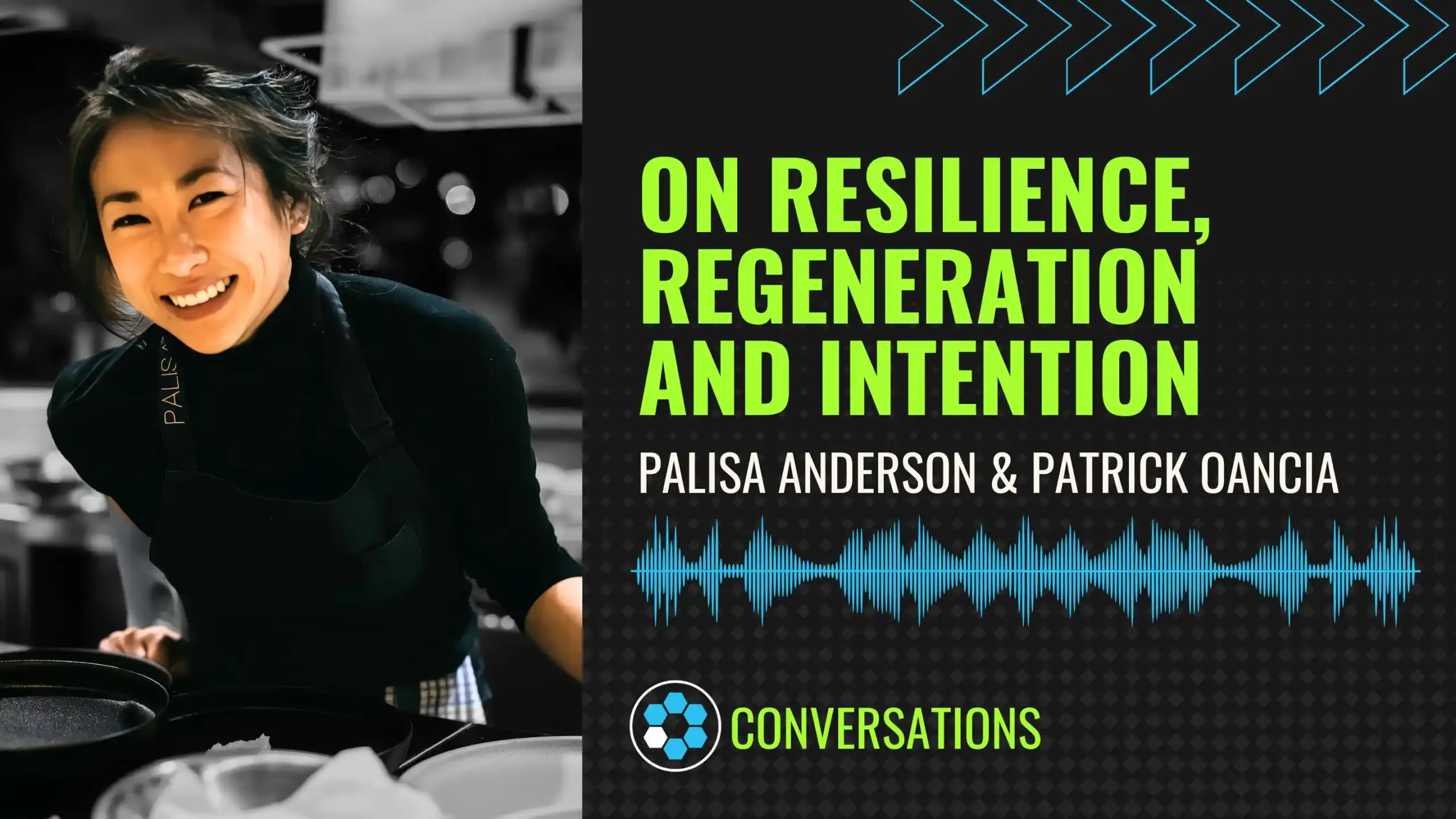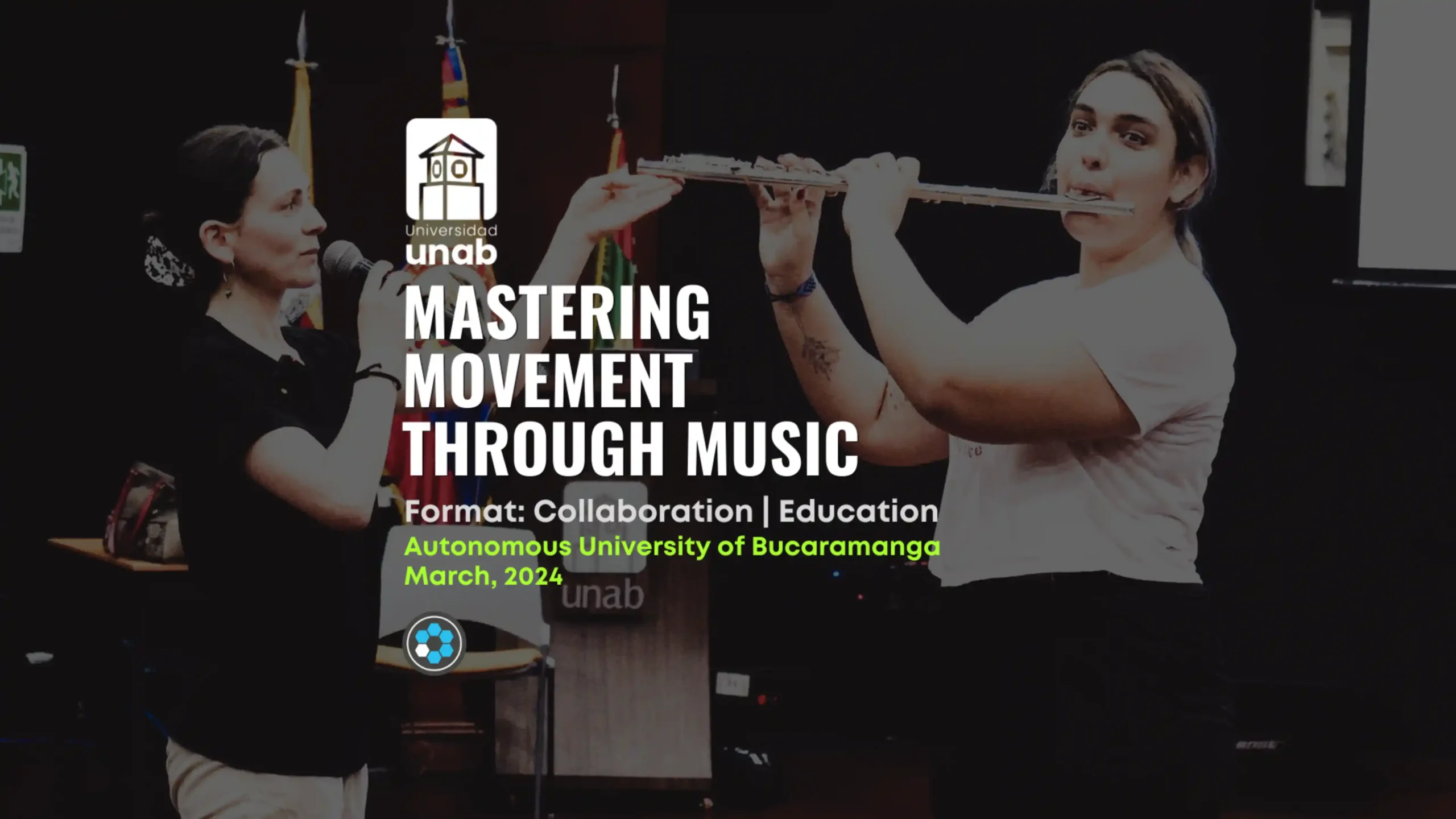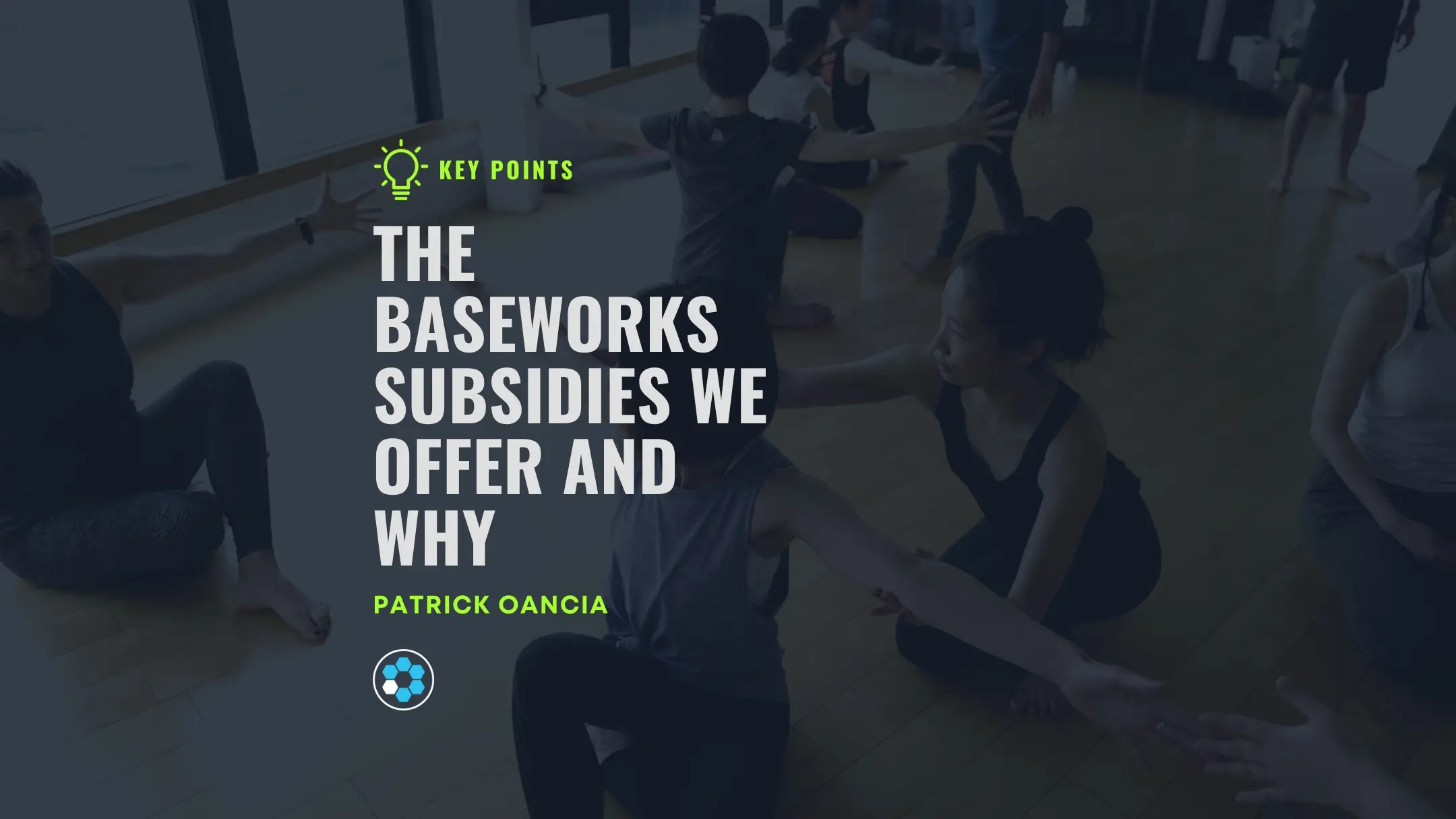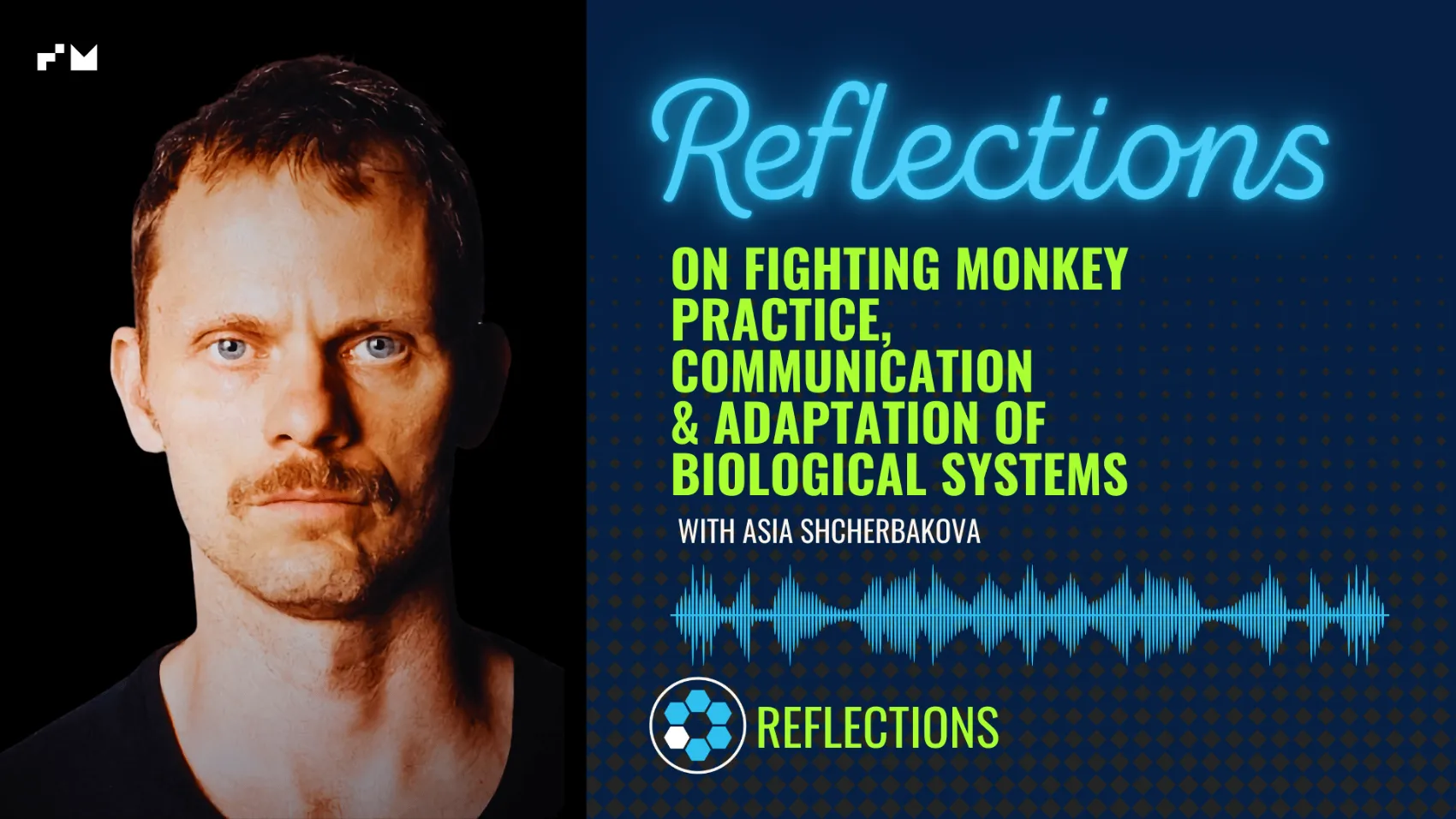Scientist, movement educator, and co-developer of the Baseworks Method, Asia Shcherbakova, returns to the Material for The Brain podcast for a captivating discussion with host Matan Levkowich. This episode explores the profound ways dance impacts human consciousness from both the dancer’s and the observer’s perspectives. This conversation was inspired Matan’s reading Asia’s recent article “Disembodied by Dance” which prompted him to invite her to discuss his ideas articulated in his “Metaphysical Body” lecture.
Watch:
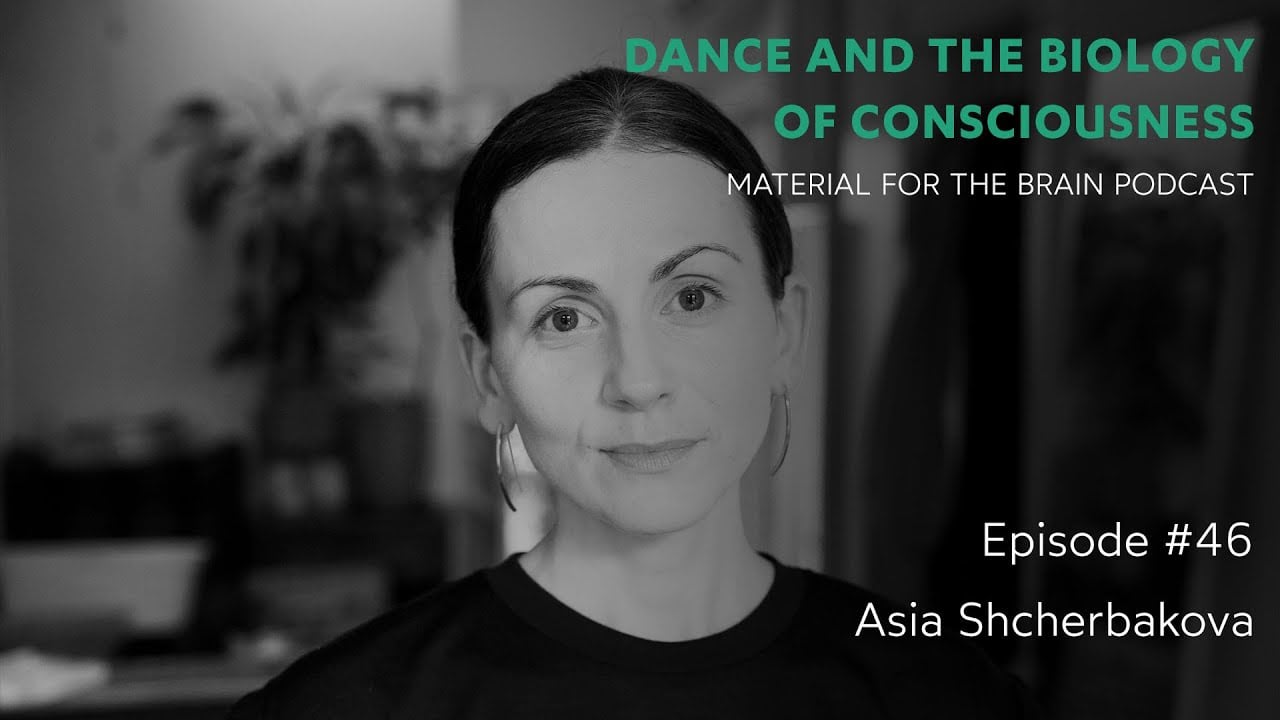
Listen:
In the podcast, Asia shares her personal experience of watching a contemporary dance performance that unexpectedly induced a hyper-focused state, leading to a dissociation of her bodily awareness. This intriguing experience sparks a deeper conversation about dance as a tool for accessing altered states of consciousness.
Dancing and the Brain: Exploring the Dancer’s Perspective:
- Movement for the sake of movement: Dance allows for a unique exploration of movement itself, unlike goal-oriented daily activities.
- Continuous Flow: Matan’s work with spiral movements creates uninterrupted motion, promoting a sense of “surfing” on gravity. This can lead to a heightened awareness and intuitive decision-making within the motor system.
- Engagement of the Vestibular System: This system, responsible for balance and spatial orientation, is highly activated during dance movements involving momentum and spirals, adding a unique dimension to the experience, which is not always present in the state of “flow” created by other activities.
Matan introduces 3 altered states that he discusses wit Asia:
- The kinetic state, where the sense of self dissolves and a heightened awareness of kinetic energy flowing through the body emerges, guided by sensations aligned with gravity.
- The somatic states, achieved by focusing attention on pure bodily sensations during movement.
- The imaginative state, characterized by letting go of one’s habitual self-perception embedded in the social fabric of one’s daily existence.
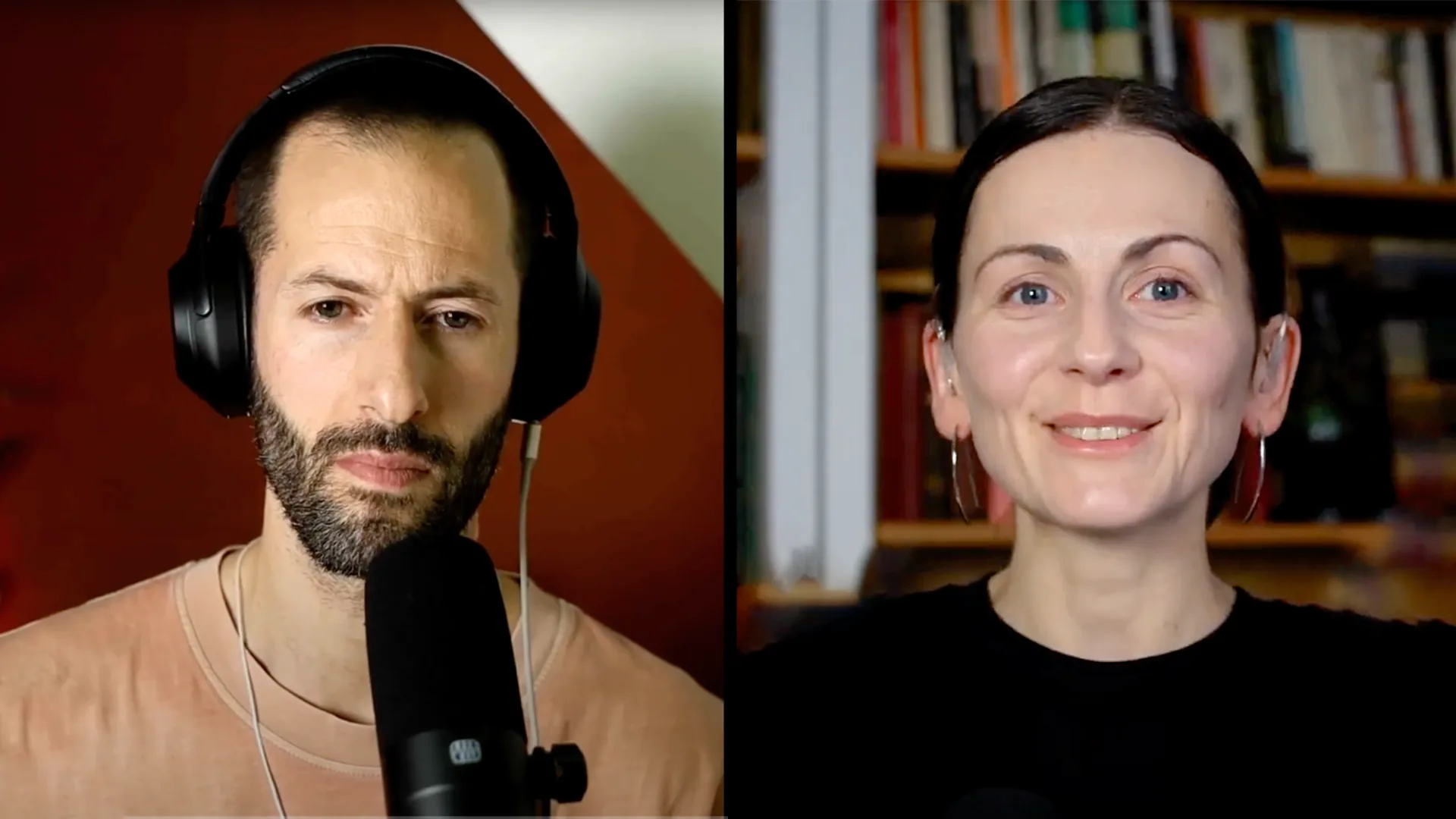
Perception of Dance: the Observer’s Perspective:
A dance performance always involves 2 entities: the dancer and the spectator (observer). The observer’s role is not passive but active, the spectator participates. Matan presents the idea of attention as a material force, influencing the performance and shaping the observer’s experience. He discusses how observing real-life events versus theatrical representations can lead to different levels of engagement, and refelcts on how, as an educator and choreographer, he is interested in harnessing this dynamic.
The episode concludes by highlighting the need for a broader vocabulary to articulate the nuances of movement experiences. This emphasizes the Baseworks Method’s dedication to not only physical practice but also to cultivating a deeper understanding of the effect that a dedicated practice has on perception and cognition.
Watch or listen to the full episode to gain deeper insights into the intricate relationship between dance and consciousness, and discover the transformative potential of movement.


